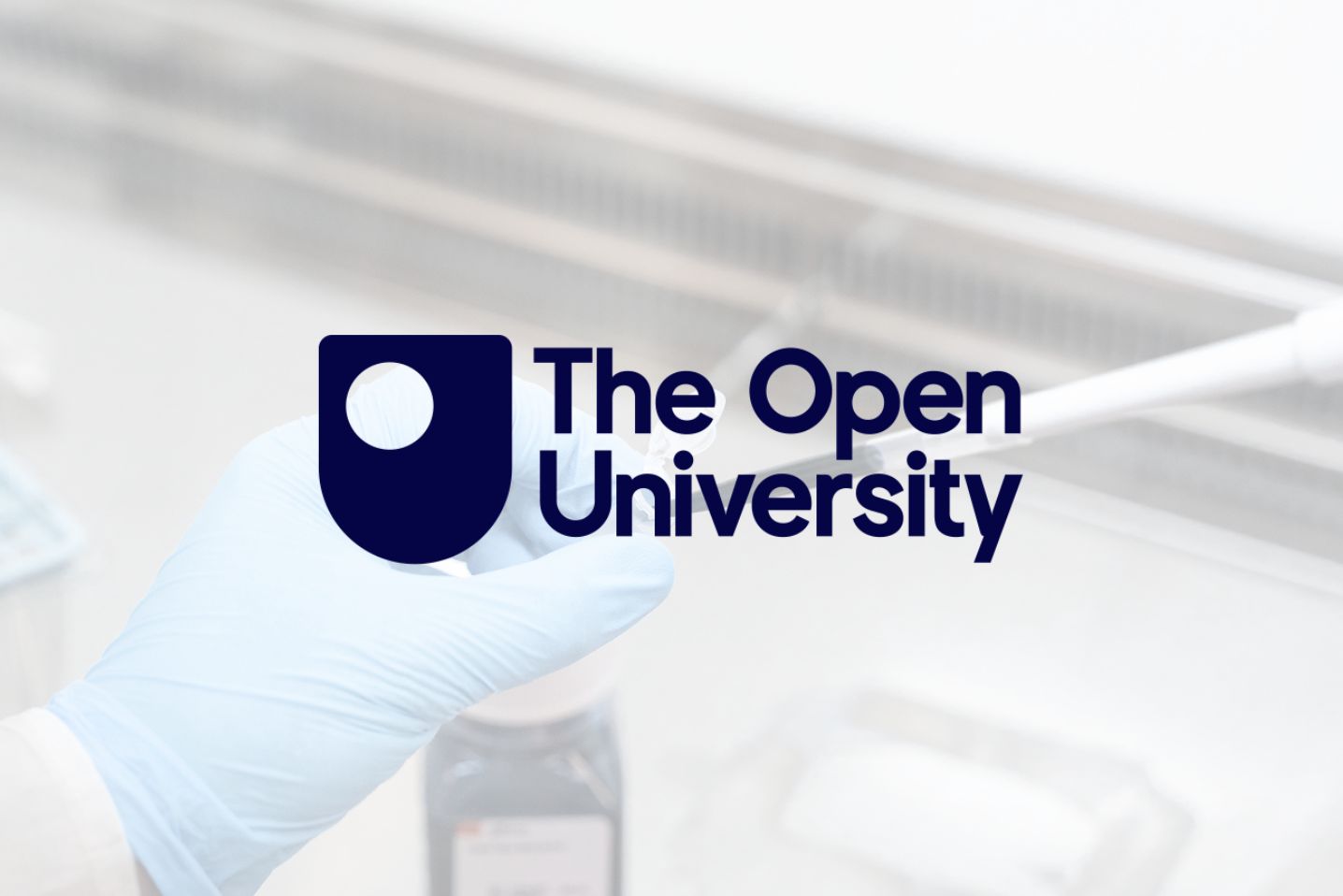Inaphaea BioLabs Limited, the wholly owned subsidiary of ValiRx Plc, specialising in advanced patient-derived cell (PDC) models, has been awarded a Knowledge Transfer Voucher (KTV) by The Open University to support cutting-edge imaging and machine learning research in 3D tumour models.
The project, running from 1 August 2025 to 30 September 2026, will leverage the Open University’s expertise in biophysical analysis and machine learning algorithms to enhance Inaphaea’s ability to assess drug responses in complex tumour spheroid systems. The collaboration aims to:
- Perform confocal microscopy on Inaphaea’s tumoroid models
- Validate contractile network dipole orientation (CONDOR) simulations to model spheroid behaviour, and
- Strengthen the Inaphaea/Open University partnership for future joint grant applications.
This work is designed to accelerate the development of robust, predictive tools for oncology drug testing, particularly in cancers of high unmet need such as triple-negative breast, colorectal, and prostate cancers and leverages our wider capability partner networks including VoxCell and ScreenIn3D for development of advanced drug testing platforms.
A Step Forward in Non-Animal Testing Innovation
The support arrives as the FDA Modernization Act 2.0 expands regulatory acceptance of 3D cell cultures as an alternative to animal testing. Inaphaea’s integration of advanced imaging, predictive modelling, and AI-driven analytics positions it at the forefront of this shift, enabling faster, more accurate evaluation of therapeutic candidates.
Mark Eccleston, CEO of ValiRx commented:
“We are grateful to The Open University for its continued support across multiple ValiRx companies as we work with leading academic experts to advance our technical capabilities around advanced PDC models and cell-based testing. This is the third award we have received and is very timely given recent updates to the FDA Modernization Act 2.0, which expands regulatory safety and efficacy testing options to include 3D cell cultures as a viable alternative to animal testing. We have built multiple partnerships to expand and develop our capabilities in this area to deliver better products and services through Inaphaea and progress assets faster and further down the pipeline with in-house resources, ultimately leading to better therapeutic candidates from our various SPVs.”
Jim Hague, Senior Lecturer at the Faculty of Science, Technology, Engineering & Mathematics, The Open University, added:
“In partnership with Inaphaea, we want to improve spheroid use as models for drug-development, with a focus on treatments for major cancers (an area of significant interest for our partner, especially triple-negative breast, colorectal and prostate cancers). Our biophysical and machine learning solutions allow us to obtain key additional information about spheroid structure and cell organisation, vital to assess the health of the spheroid tissue. Therefore, addressing an unmet need for analytic tools to understand how accurately spheroid responses to drug candidates represent real tissues.”
